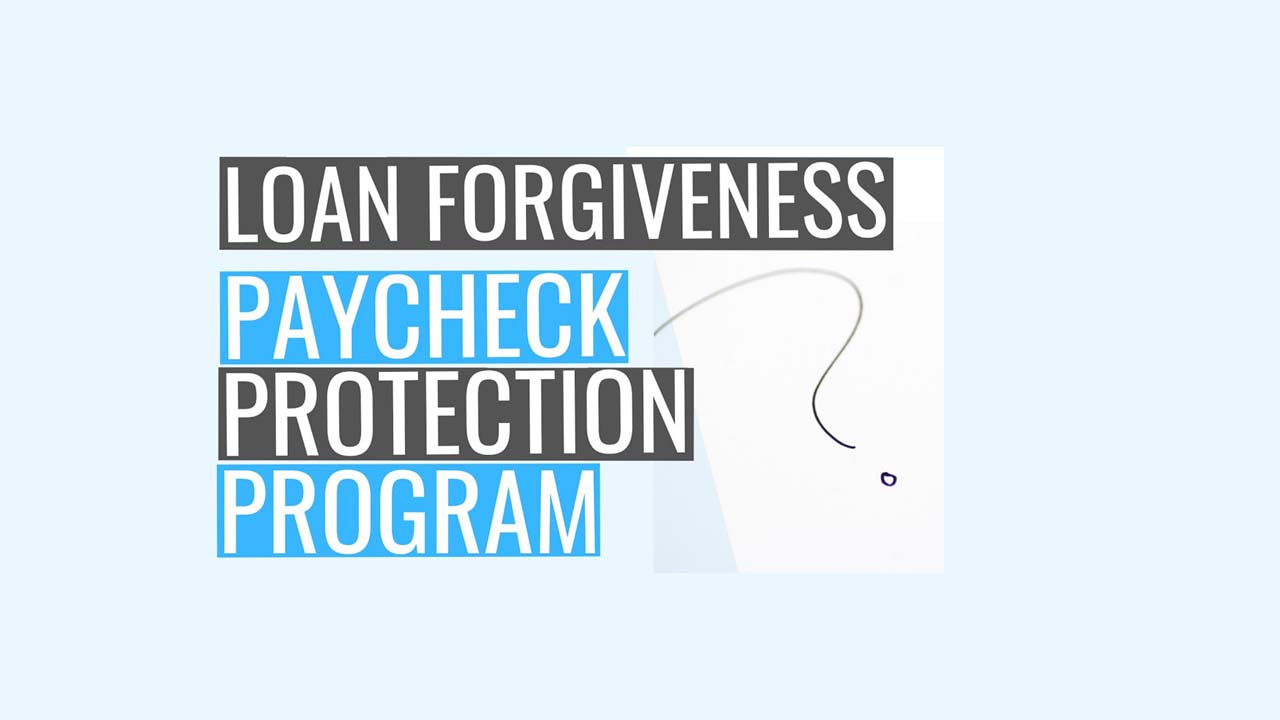
The U.S. Small Business Administration (SBA) released guidance Tuesday confirming that Paycheck Protection Program (PPP) loan forgiveness applications are not due on Oct. 31.
Fears of a late-October PPP surprise came to the SBA’s attention because the program’s loan forgiveness application forms (3508, 3508EZ, and 3508S) display an expiration date of “10/31/2020” in the upper-right corner. This prompted the SBA to release a new entry in its loan forgiveness frequently asked questions document answering the query, “Is October 31, 2020, the deadline for borrowers to apply for forgiveness?”
In its answer, found in Q&A No. 4 in the General Loan Forgiveness FAQs section, the SBA explains that borrowers may submit a loan forgiveness application any time before the maturity date of the loan, which is either two or five years from the loan’s origination, depending on the borrower’s agreement. But the SBA also reminds borrowers that loan payments are deferred only until 10 months after the last day of each borrower’s loan forgiveness covered period.
For example, the SBA wrote, a borrower with a covered period that ends Oct. 30, 2020, has until Aug. 30, 2021, to apply for forgiveness before loan repayment begins.
The SBA placed the expiration date in the upper-right corner of the PPP loan forgiveness application forms to comply with the Paperwork Reduction Act. The date represents the temporary expiration date for approved use of the forms, the SBA said, adding that once a new expiration date is approved, it will be posted on the forms.
PPP in brief
Congress created the PPP as part of the Coronavirus Aid, Relief, and Economic Security (CARES) Act, P.L. 116-136, which was signed into law March 27. The legislation authorized Treasury to use the SBA’s 7(a) small business lending program to fund loans of up to $10 million per borrower that qualifying businesses could spend to cover payroll, mortgage interest, rent, and utilities.
PPP borrowers can qualify to have the loans forgiven if the proceeds are used to pay certain eligible costs.
The program stopped accepting applications on Aug. 8 with almost $134 billion of congressionally approved funds remaining unspent. Allowing certain small businesses to access those funds is among several PPP proposals on the table as Congress and the Trump administration continue to talk about a comprehensive COVID-19-related stimulus bill.
AICPA experts discuss the latest on the PPP and other small business aid programs during a biweekly virtual town hall. The webcasts, which provide CPE credit, are free to AICPA members. Go to the AICPA Town Hall Series webpage for more information and to register.
The AICPA’s Paycheck Protection Program Resources page houses resources and tools produced by the AICPA to help address the economic impact of the coronavirus.
For more news and reporting on the coronavirus and how CPAs can handle challenges related to the outbreak, visit the JofA’s coronavirus resources page or subscribe to our email alerts for breaking PPP news.


